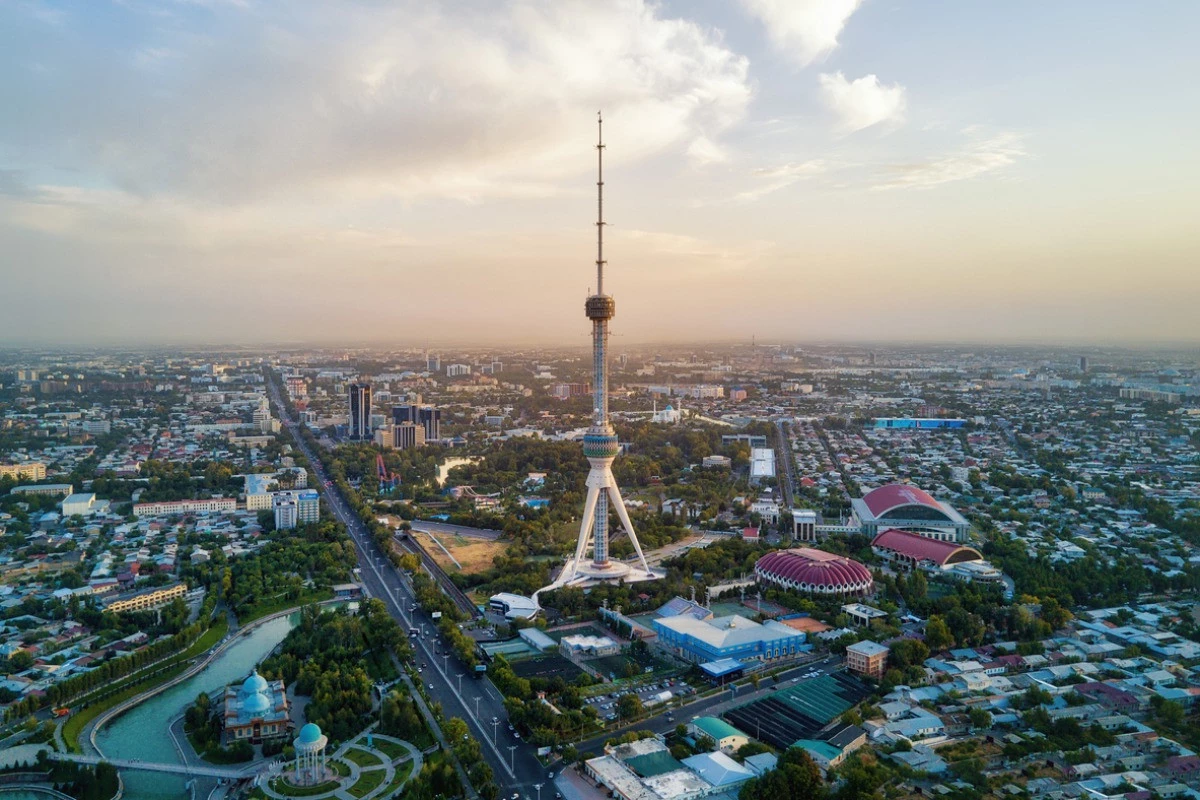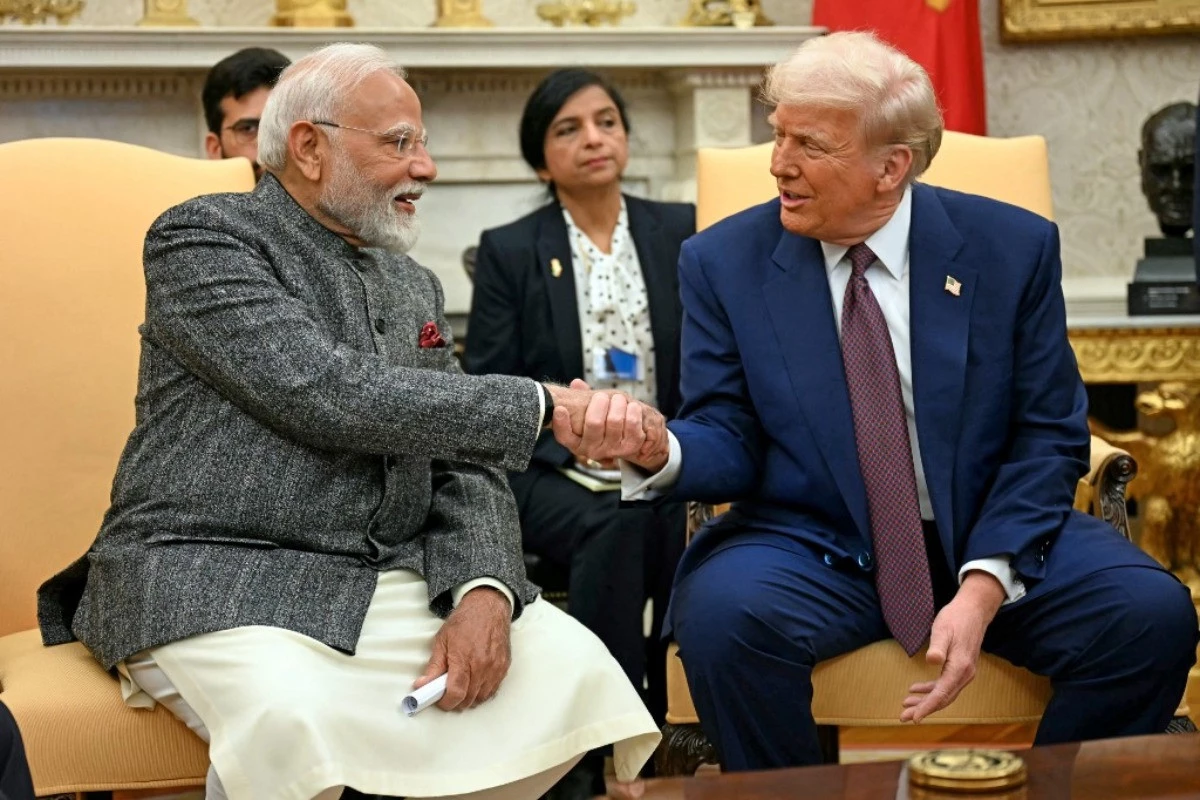"We see our geopolitical neutrality as a key selling point to [multinational corporations] wishing to seek partners that belong to a country not influenced by global political agendas or alliances," Zafrul Aziz, Malaysia's investment, trade and industries minister, told
Nikkei Asia in a written reply to queries on Malaysia's strategy for the semiconductor industry.
As the rivalry between the U.S. and China intensifies, many global companies are restructuring their supply chains to reduce geopolitical risks, making Southeast Asian countries -- many of which aim to strike a balance between the two superpowers -- an alternative investment destination.
However, the minister stressed that geopolitical neutrality is not the essential factor influencing investors' decisions. "No investor, foreign or domestic, would want to continue in a country without the right investment landscape," he said.
"Malaysia's strategic and earthquake-free location in Southeast Asia, well-established physical and digital infrastructure, as well as good, trainable English- and Mandarin-speaking talent are also key factors in investors' decision-making process," he said.
His reference to Malaysia as an earthquake-free location comes after the world's largest chipmaker, Taiwan Semiconductor Manufacturing Co., was among those affected by the powerful 7.2-magnitude earthquake in Taiwan on April 3, and its early inspections found a small number of chipmaking tools were damaged.
Malaysia has emerged as a significant player in the semiconductor industry since its entry in the past five decades, holding about 13% of the world market for chip packaging, assembly and testing services, according to the Malaysian Investment Development Authority.
In the last 50 years, Malaysia has developed a strong semiconductor supply chain linking local enterprises to global suppliers in the "Silicon Valley of the East" in the state of Penang.
Zafrul said Malaysia has established a robust ecosystem that in the past year has seen more activity in the front-end fabrication operations of several key players, both global and homegrown.
"These include [Germany's] Infineon, [which is building] the world's largest silicon carbide fab, and ams-Osram, which established its first wafer fabrication facility outside of Germany. Intel has also chosen to invest an additional 30 billion ringgit ($6.3 billion) in Malaysia to establish its largest advanced packaging facility, complemented by a fab dedicated to the development of interposers," he said.
In a separate interview, Wong Siew Hai, president of the Malaysia Semiconductor Industry Association, concurred that big investments by multinationals have led to a "waterfall effect" in the development of second- and third-tier local companies over the years.
Minister Zafrul chairs the National Semiconductor Strategic Task Force, which was established in February. It focuses on incentive policies, talent acquisition and overall transformation of the electronics sector.
He said Malaysia will foster homegrown semiconductor companies that will also partner with multinationals, adding that the government facilitates startups' access to financial support for research, development, commercialization and innovation through the national agency CREST (Collaborative Research in Engineering, Science and Technology).
"CREST has been focused on guiding local companies to commercialize their R&D -- particularly in AI, high-performance computing, EV and data centers -- which we believe provides additional impetus to foreign investors to produce more powerful semiconductors in this country," he said.



